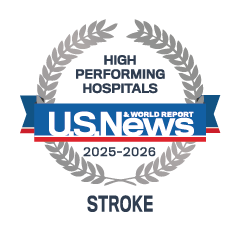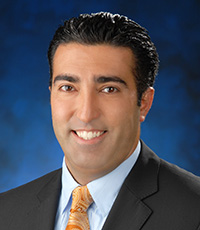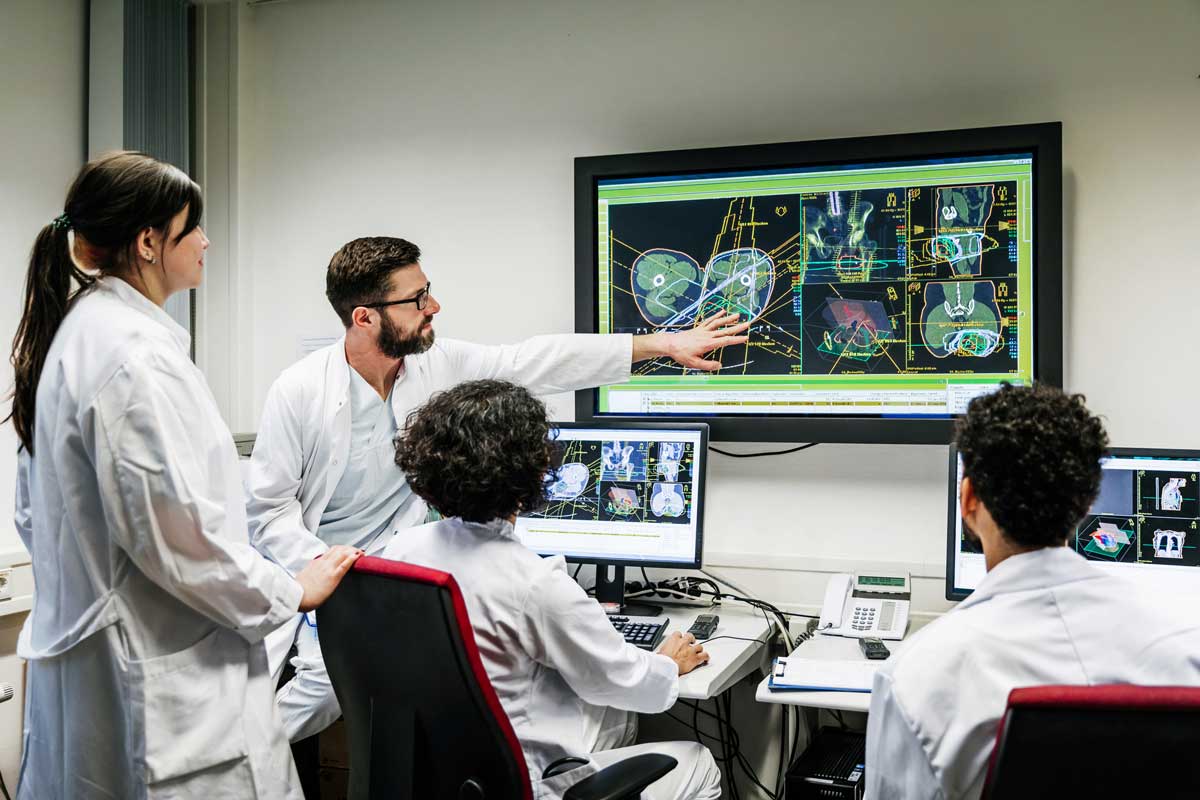Advanced Neurological Care
Temecula Valley Hospital in Riversie County, CA, offers a comprehensive range of neurological services, including the diagnosis and treatment of stroke and other conditions that affect the nervous system, including advanced neurointerventional care.
We have neurologists onsite seven days a week and offer teleneurology services in urgent situations. With this program at our neurology center, we can consult with offsite neurologists, neurology clinics and functional neurologists to provide remote patient examinations and diagnostic reviews.
Find a doctor
For a free physician referral at Temecula Valley Hospital, call 855-859-5203 or search for a doctor online.
Comprehensive Stroke Center
Temecula Valley Hospital has received certification from DNV as a Comprehensive Stroke Center, reflecting the highest level of expertise for the treatment of serious stroke events. Our advanced stroke services are designed with the needs of stroke patients in mind, and our stroke rehab services focus on improvement.
Learn more about stroke services →
Awards and certifications
-
 U.S. News & World Report, the global authority in hospital rankings and consumer advice, has named Temecula Valley Hospital as a 2025-2026 High Performing Hospital for Stroke.
U.S. News & World Report, the global authority in hospital rankings and consumer advice, has named Temecula Valley Hospital as a 2025-2026 High Performing Hospital for Stroke. - Temecula Valley Hospital has received certification from DNV as a Comprehensive Stroke Center, reflecting the highest level of expertise for the treatment of serious stroke events.
Temecula Valley Hospital is a Comprehensive Stroke Receiving Center for all of Riverside County and a designated Stroke Receiving Center for San Diego County.
Neurointerventional care
The Neurointerventional Suite at Temecula Valley Hospital offers biplane angiography, which is an advanced, minimally invasive technology used to diagnose and treat stroke and other neurological conditions, including:
- Brain aneurysms
- Carotid artery blockages
- Brain and neck tumors
- Brain bleeding
- Arteriovenous malformations (a tangle of blood vessels)
Biplane angiography works by using two cameras that rotate around a patient and provide simultaneous front and side views. The technology provides high-definition, 3D images of blood vessels and soft tissue. It also requires fewer injections of contrast dye compared to other procedures, which is beneficial for patients.
Biplane imaging is especially helpful during a procedure called cerebral vascular angiography, which is used to take images of the blood vessels in the brain. The 3D images produced with biplane technology can help locate blockages that cause stroke and can help identify aneurysms and tangles of blood vessels that can lead to stroke. The images can also assist physicians with placing stents and guiding catheters through the brain. Biplane is also used during coiling, a minimally invasive procedure that blocks blood flow to an aneurysm.
Other treatments we provide include interventional mechanical thrombectomy for large vessel occlusions, arteriovenous malformation intervention and treatment, and carotid artery and vascular stenting.
Meet the medical director
 Hamed Farid, MD
Hamed Farid, MD
Dr. Farid is the Interventional Neuroradiology Medical Director at Temecula Valley Hospital. He earned his medical degree from the University of California San Diego School of Medicine. He then completed his fellowships at UC San Diego and UC San Francisco.

